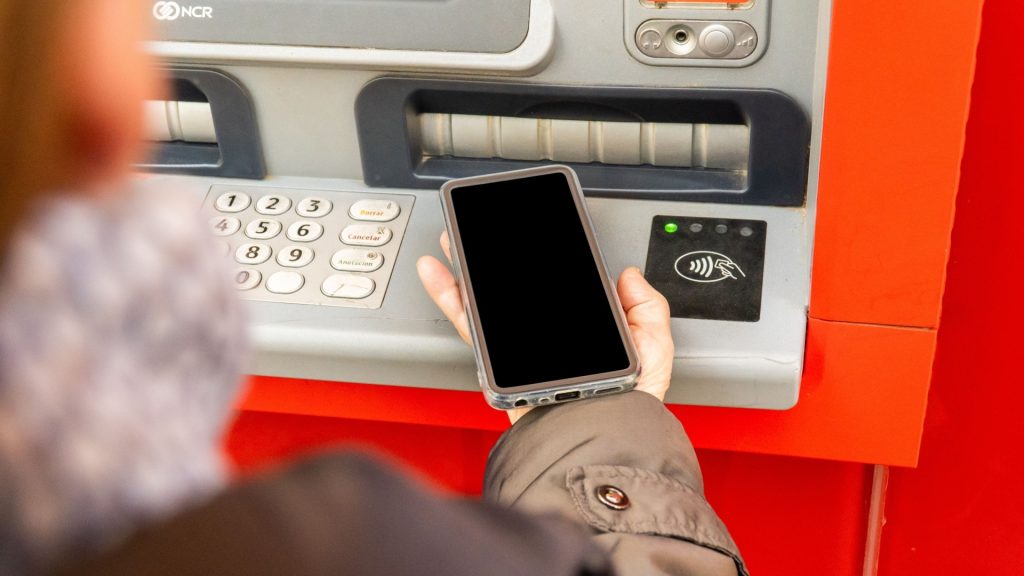
NGate Malware Steals Payment Card Data Using NFC on Android Devices
A recent troubling finding, by cybersecurity company ESET has revealed a form of Android malware that uses a method to steal credit card information. Known as NGate this malicious software exploits the Near Field Communication (NFC) features on compromised devices to intercept and send data to cybercriminals.
NGate functions by tricking users into inputting their banking details and scanning their credit cards through the devices NFC functionality. Once the information is collected NGate sends it to the attackers phone effectively replicating the victims card. This allows the attacker to conduct transactions or withdrawals, from the victims account.
A Novel Attack Scenario
ESET researcher Lukas Stefanko highlighted the nature of this cyber attack mentioning, “This Android attack is, unlike any we’ve seen before and its the time Android malware with this capability has been spotted in real world scenarios.” The integration of NFCGate, a tool for manipulating NFC traffic that’s open source distinguishes NGate from instances of Android malware.
The unearthing of NGate signifies an advancement, in the realm of mobile security threats. Cybercriminals are constantly exploring avenues to exploit weaknesses and pilfer data and the utilization of NFC in this context underscores the importance of Android users being extra vigilant.

Infection and Impersonation
ESET researchers discovered that NGate originated from a series of phishing campaigns aimed at Czech banks from November 2023 to March 2024. The malicious software was spread through messages that tricked individuals into downloading the application from temporary websites posing as authentic banking apps.
Upon installation NGate pretends to be an application, for the bank and asks for the users banking client ID, date of birth and PIN code. The app then directs the user to activate NFC. Scan their payment card enabling the malware to gather the cards information.

Cloning and Consequences
When attackers get hold of the card data they can make a copy of the victims card, on their phone. This allows them to carry out transactions like withdrawing money from ATMs or buying things at payment terminals without the victim knowing.
The risks posed by NGate are significant since it gives attackers entry to the victims finances. The simplicity of spreading the malware and how well it can clone cards highlight why it’s crucial to have security, in place for Android devices.

Mitigation and Prevention
To guard against dangers such, as NGate Android users should be careful when downloading apps, those from sources. It’s important to confirm the authenticity of any app before allowing it access or sharing information.
Moreover ensuring that the devices software and security features are regularly updated can reduce the chances of getting infected. Monitoring transactions regularly and activating alerts, for transactions can also help in identifying any unusual activity.

The Future of Mobile Security
NGates appearance is an indication of how mobile security threatsre constantly changing. As cyber attackers invent ways to breach devices and steal data it’s crucial for both users and security experts to stay alert and take proactive measures to protect themselves.
Continuous research and cooperation, in the cybersecurity community will play a role in recognizing and combating emerging threats like NGate. By keeping up to date with the developments in malware and following best practices, for securing their devices users can ensure the safety of their personal and financial information in an increasingly interconnected environment.




